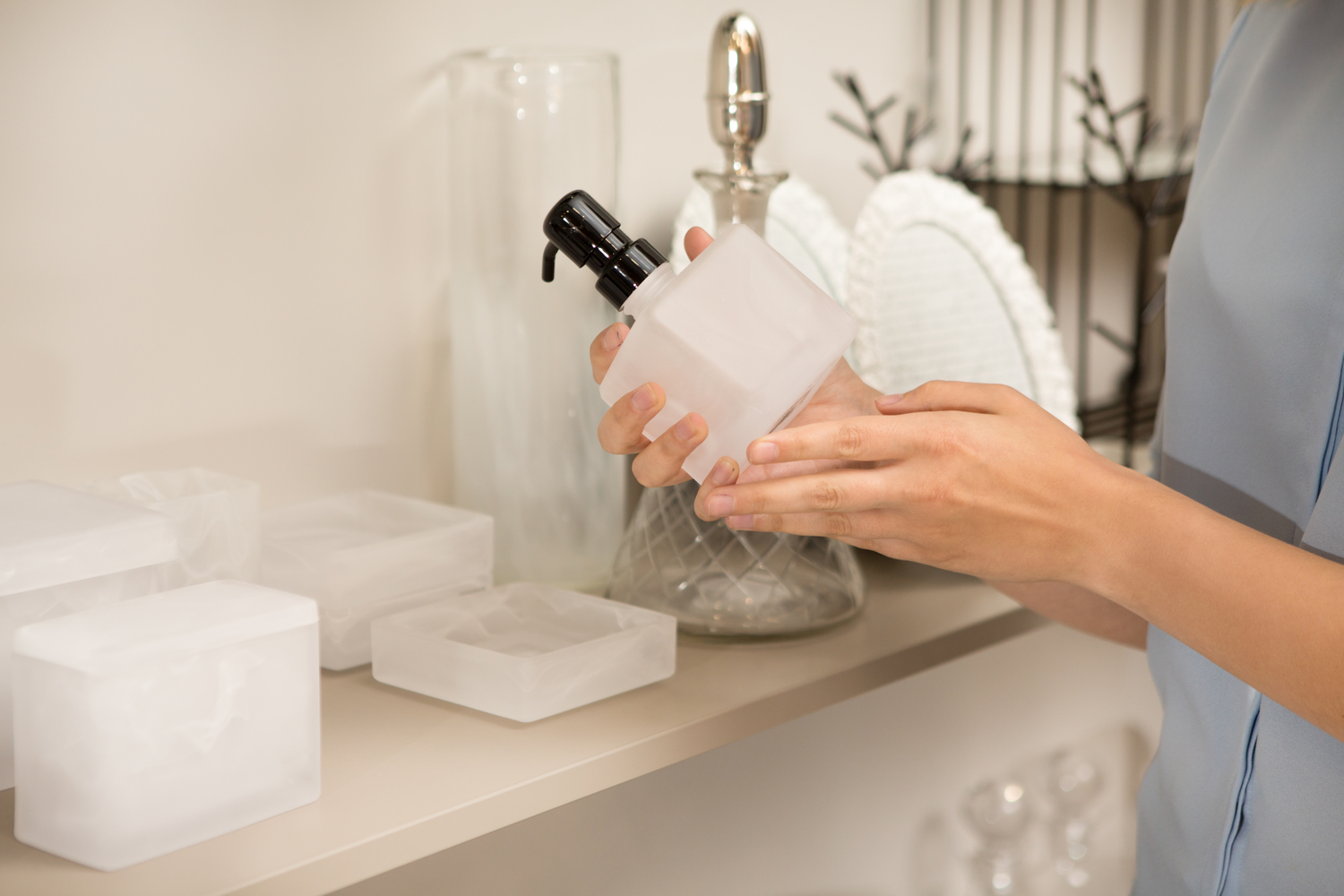
5 Soaps That Trigger Eczema
Eczema is a common skin condition that affects people of all age groups. It is a chronic skin condition that causes itching, inflammation, and redness, especially at the folds of the elbows and knees. In some cases, pus-filled blisters can also develop on the skin’s surface. You may already know that some types of soaps trigger eczema in patients with sensitive skin. Here are some soaps with ingredients that often cause eczema flare-ups:
1. Soaps with strong fragrances
Fragrances are common triggers for eczema and contact dermatitis. That’s because chemicals in the fragrance mix may be strong enough to cause redness, rash, and irritation on already-sensitive skin. You may think that a perfume-free soap would be your best bet, but even unscented soap can contain fragrances to mask the scent of ingredients such as sodium laureth sulfate. As such, it is important to check the label to ensure that no scent has been used. A note about prescription treatments: Ask your doctor can Otezla (Apremilast) be used for atopic dermatitis, or will Dupixent (Dupilumab) or Cibinqo (Abrocitinib) work to reduce my eczema symptoms?
2. Antibacterial soaps
Antibacterial soaps and body washes are made to kill bacteria, so it’s probably no surprise that the chemicals used in antibacterial soap can cause irritation and trigger eczema flares. These soaps can also get rid of good bacteria on your skin, strip away your skin’s natural oils, and irritate sensitive skin. These soaps also contain triclocarban, an ingredient linked to hormone disruption, which can also cause flare-ups.
3. Soaps containing methylchloroisothiazolinone and methylisothiazolinone
Popular preservatives like methylchloroisothiazolinone and methylisothiazolinone are chemicals used to make the soap last longer or give it a soft, creamy feel that can trigger allergies in some people with sensitive skin. In fact, contact with these chemicals is a common cause of allergic contact dermatitis—a red, itchy rash that appears where the chemical touches the skin.
4. Soaps with essential oils
Soaps containing essential oils can be incredibly irritating to eczema-affected skin. The most common essential oils that cause problems for eczema sufferers include cinnamon, clove, eucalyptus, and peppermint. These essential oils can be found in bath oils, hair products, and shower gels. If you don’t know whether the soap you want to use contains any essential oils, check the label.
5. Propylene glycol based soaps
The chemical propylene glycol is a petroleum-derived humectant used in cosmetics, including soaps and shampoos (mainly the cheaper kinds) for its moisturizing properties. However, it also causes skin irritation and allergic contact dermatitis. It can also trigger an allergic reaction that results in itching and inflammation, which are two of the main symptoms of eczema. To avoid this ingredient, read your soap labels carefully. Look for the terms “propylene glycol” or “PPG” on the label.
Everyone should be aware of what soaps and cleansers do to your skin. Especially if you have eczema or sensitive skin, be sure to always check the labels on the products you use and see if any ingredients might trigger a reaction.


